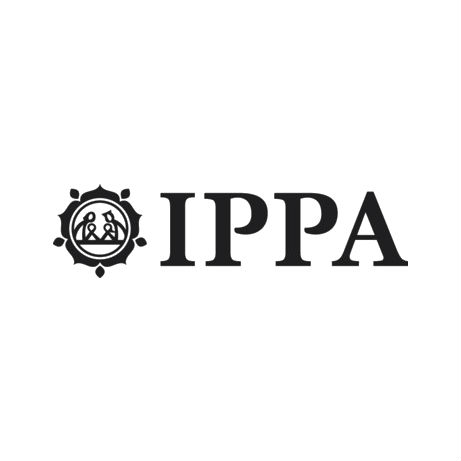

| 31 March 2016
Indonesian Planned Parenthood Association
In 1957 the Indonesian planned parenthood association (IPPA) was established with the aim of realizing responsible parenthood believing that family is the main pillar in realizing community welfare. Responsible parenthood is understood and interpreted through the dimensions of birth, education, health, welfare and the future. Values: Respect human dignity, regardless of sex, sexual orientation, gender, marital status, people with HIV, people living with disabilities, religion, race, ethnicity, political orientation, social and economic status. Upholding the values of democracy, non-discrimination, gender equality and justice, social justice, personal autonomy, freedom of thought, opinion, expression and association. Upholding and mainstreaming sexual and reproductive health rights in all situations and opportunities. Stick to volunteerism, pioneering work, professionalism, trustworthiness, transparency, independence, sustainability and justice. Vision: Responsible and inclusive Indonesian family and society. Mission: Empowering the community to create a responsible family. Building an inclusive youth movement. Providing comprehensive, professional and inclusive sexual and reproductive health services. Influencing and empowering policy makers to respect, protect, and fulfil SRHR. Develop a professional organization to achieve independence and sustainability.
| 31 March 2016
Women Health and Family Planning - Ukraine
For 20 years WHFP has been consistently and actively working in the field of reproductive health, strengthening and protecting the reproductive rights of people in Ukraine. Its main spheres of activity include: independent expertise and strategic development relating to national legislation and development of the legal framework in the field of reproductive health and family planning, in line with key international documents (e.g. Sustainable Development Goals, recommendations of the World Health Organisation and European Regional Strategy on Reproductive Health); education programs on sexuality education and healthy lifestyles; training for medical professionals; public awareness campaigns on cancer prevention among women; and rehabilitation programs for breast cancer survivors.







